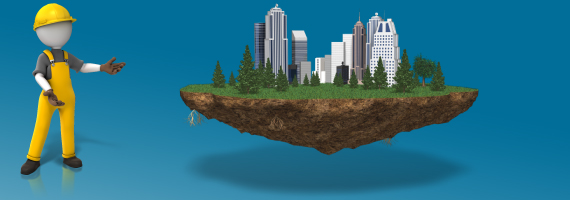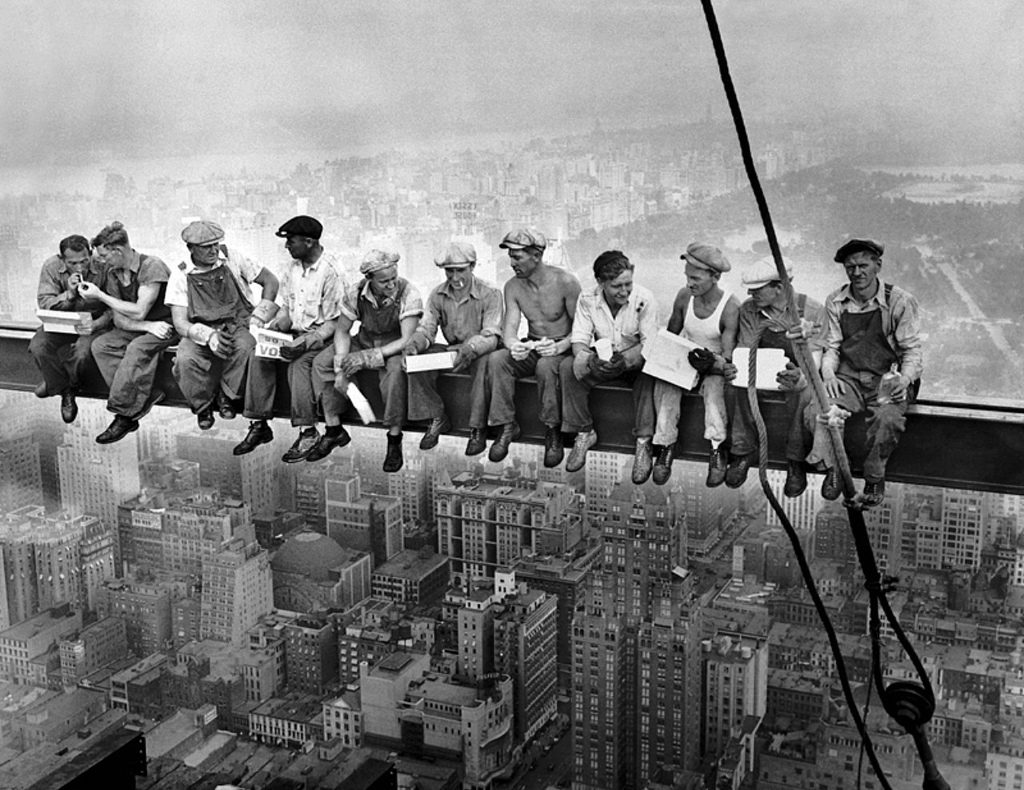
Before I get into the fundamentals of project stages, let’s establish what a project is. Leads 2 Business classifies a development as a project because it is researched as a whole (from the conceptual stage, right up until it is completed). It is funded not only through private organisations but also by the government and parastatals. What it boils down to, is that it is researched from start to finish, instead of just the two stages of Tender & Awarded. Thus allowing our subscribers to know more, as we update the project and notify them as it progresses.
There are many ways to differentiate the phases of a project, Leads 2 Business uses 9 to ensure all the correct information and professionals are made known and to ensure no confusion or omittances occur.

The conceptual stage is the first phase of a development. During this phase funding is secured, feasibility studies are conducted and the client/developers are appointed. The only professionals listed could be that of the client or the developer.
Once everything is finalised & approved, the development moves to the Procedural stage. All the necessary investigations & surveys are conducted (environmental investigations, assessments, geotechnical investigations & zoning to name a few) to ensure there is no endangerment to any of the natural habitats and living organisms (different pollutions are also taken into consideration).
A bit of designing is done to gain basic knowledge & plans as to what the specifics are of the development, in order to appoint the correct consulting & professional teams. Suggested architects, quantity surveyors, estimators & the necessary engineers would make up the consulting & professional teams.

The development then proceeds to move to the Design stage. During this phase the professional teams (architects, quantity surveyors, work together to design and plan everything that would need to be acquired, built, constructed, fabricated etc in order for the project to be completed effectively & efficiently. Once all the design and planning is completed, it is then decided which main building contractors will be asked to bid on the project. Architects, Quantity Surveyors, Engineers, Interior Designers & other consultants are officially appointed at this stage. They will be made available to our subscribers for them to get further information on the project.
Once the bid invitations are sent out, the development is in the Tender stage. Drawings and other specifications of the project are made available to the invited contractors so that they are able to send out the request for quotations. The contractors have a cut-off date for when they would need to submit their pricing to the client/developers. Once they receive the pricing back from their vendors they then have time to work through it, choose the best prices and complete the tender document and submit it either before or on the closing date. The contractors are referred to as bidders. One bidder is listed but our subscribers are able to request the full bidder’s list.

Awarded phase occurs when the client has appointed one of the bidders as the contractor for the development, and the main contractor has appointed the subcontractors. The subcontractors used may not necessarily be the same vendors that the main contractor used in his tendering documentation when submitting his pricing to the developers.
Once he ground has been brokenconstruction has commenced, it is safe to say the development is in the Underway stage. Other vendors and subcontractors may be brought on  board by the contractor during the building & construction phase as complications or miscalculations may occur. More likely than not the project may be delayed, either due to the natural circumstances (weather) or financial disputes, delay in delivery of services from suppliers or fabricators and so on & so forth. Essentially the entire consulting, professional & contracting teams will be on board and work on the project.
board by the contractor during the building & construction phase as complications or miscalculations may occur. More likely than not the project may be delayed, either due to the natural circumstances (weather) or financial disputes, delay in delivery of services from suppliers or fabricators and so on & so forth. Essentially the entire consulting, professional & contracting teams will be on board and work on the project.
When all building & construction is followed through, the project is in Completed phase. There are particular tests that need to be conducted before project handover such as foundation & footing, sewage & plumbing, electrical, fire & smoke resistant, insulation and more, to ensure that the certificate of occupancy may be issued. The investigations & certifications vary as to what has been built. For more complex buildings there would be more investigations conducted to ensure the building has been built to the correct standard and builders followed the correct protocols and processes.

Once the certificate of occupancy is issued, project handover from the builders to the developers will happen. Although the project is completed, the contractors are usually* still under a defect liability period which generally runs for 12 months. During the period, whatever building faults (electrical, plumbing etc) occur, the contractor is liable to repair and services at no additional cost. Tenants that will be occupying the building, if commercial, may also become available at this stage.
*usually: it is not always stipulated in the original agreement, it may have been omitted by the contractor or the developers or it could have been a mutual agreement.
If there are any complications (usually funding or land claim disputes) the project will be Postponed until an outcome is reached. The project will then either continue* or it will be Cancelled. There are few instances when a cancelled project is taken over by other developers and reinstated.
*continue: with or without any changes or modifications to plans or prior agreements
And there you have it, folks, the Life Cycle of a Project explained.
Sources:
https://blog.l2b.co.za/did-you-know-dyk-what-is-a-private-project/
https://www.l2b.co.za/Projects/Project-Development-Phases
https://www.l2b.co.za/Projects/Project/View?ID=d97de9b4-58af-4ea5-bce3-3ce7970a0ca4
https://www.l2b.co.za/Projects/Project/View?ID=bf6767b5-c64b-4511-b9cb-b59ac0b66130
www.slcdocs.com/building/manual.pdf
https://www.out-law.com/en/topics/projects–construction/construction-claims/defects-liability-periods/
Image of Engineer
Image of Handshake image
Image of Cartoon holding a tool
Image of Contractors on Lunch
Kirsty Cloete, reporting live from Leads 2 Business Telesales Department in Johannesburg Gauteng, since March 2015. Thoroughly enjoying working with this dynamic & eccentric company.








